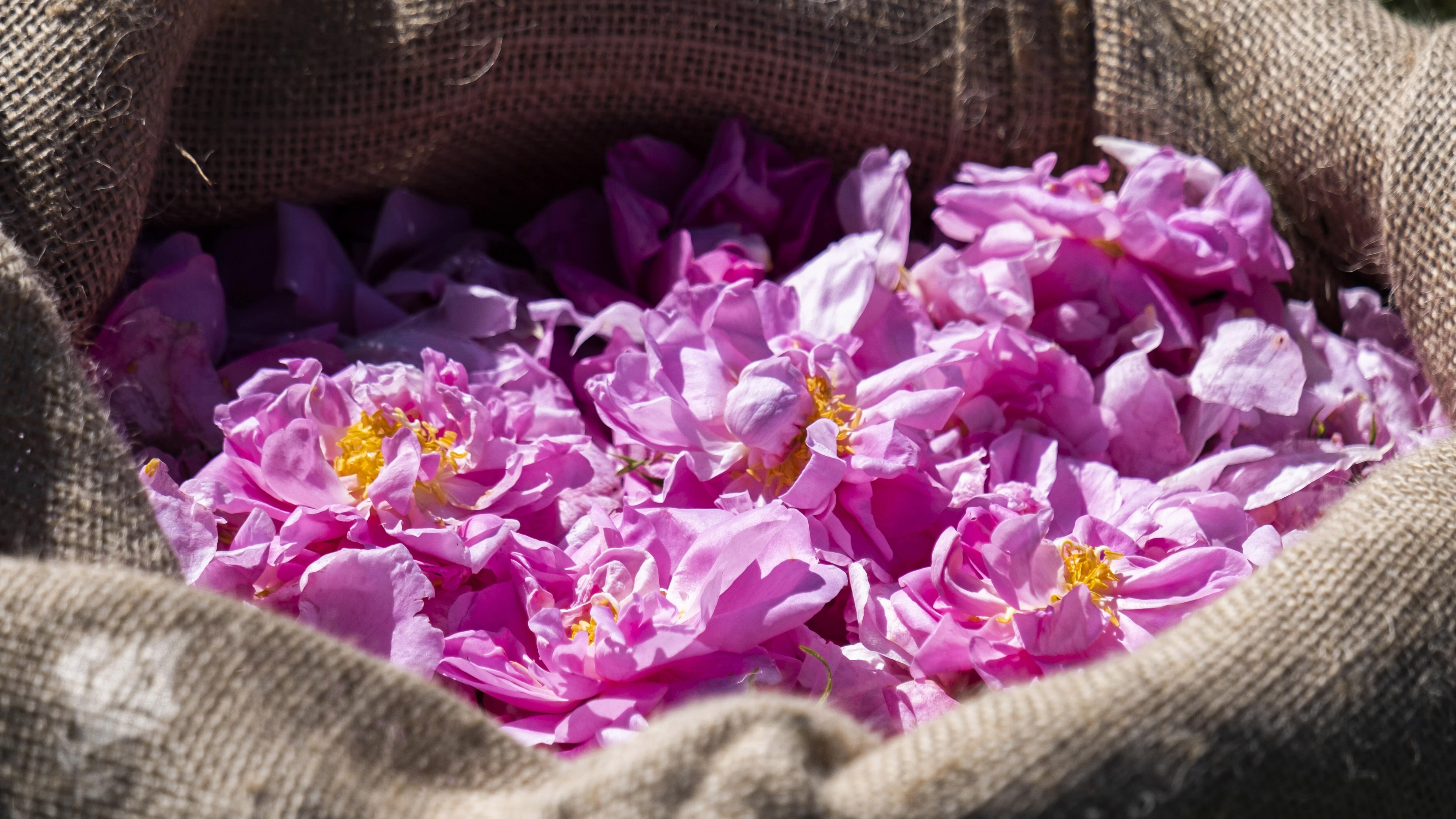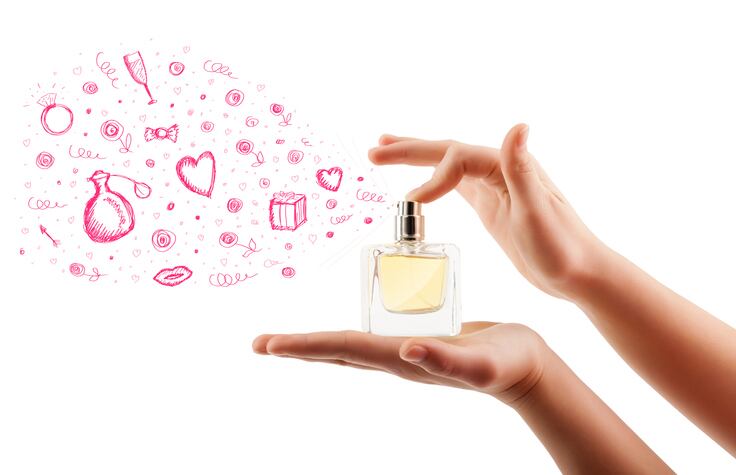The acquisition of Domaine de la Rose – previously owned and cultivated by a family for around five centuries – added to Lancôme’s two other domains in the region and took its total acreage up to 10.
The latest estate already cultivated a variety plants and trees, notably organic roses that Lancôme would use in a selection of its fragrances, but also olive trees, plum trees and fig trees that it would continue to develop. The company also planned to add “emblematic plants of the Grasse region” such as iris, jasmine, lavender and bitter orange and “ancient aromatic plants” like immortelle, verbena and Madonna lily.
Protecting biodiversity and perfume’s ‘savoir-faire’
Lancôme said it would also add in beehives “in a spirit of biodiversity preservation and development”.
“With this new acquisition, Lancôme wishes to contribute to the preservation and protection of the fragrance’s savoir-faire around the cultivation of perfume plants in Grasse and to pursue the farming of a variety of species of roses and other fragrance flowers, in a sustainable and organic way,” the company said.
Lancôme told CosmeticsDesign-Europe the acquisition represented a “strategic move” for the company and was a “fundamental part” of the its wider CSR program.
“Lancôme is now a rose estate owner, as well as a producer and protector of a unique French heritage – while pursuing its vocation as a perfumer."
Experimental rose science – a zero-waste goal
Lancôme was already well established in the region through the sourcing of roses and other perfume plants, but owning a rose estate would provide a “wonderful playground for our scientists to experiment”, the company said.
“The brand’s ambition is to develop a holistic and unique approach to rose science. Lancôme’s ultimate ambition is to leverage new and more sustainable ways to grow roses and to use all parts of the rose bush to develop new active ingredients with a ‘zero-waste’ approach in all production processes.”
The active ingredients obtained from the rose plant would be used for both fragrances and skin care, produced using traditional chemistry, upcycling, biotechnology and green science.
“R&D has already started and our first rose active ingredient, from the roses in Valensole, developed in this mindset will be launched next year.”



